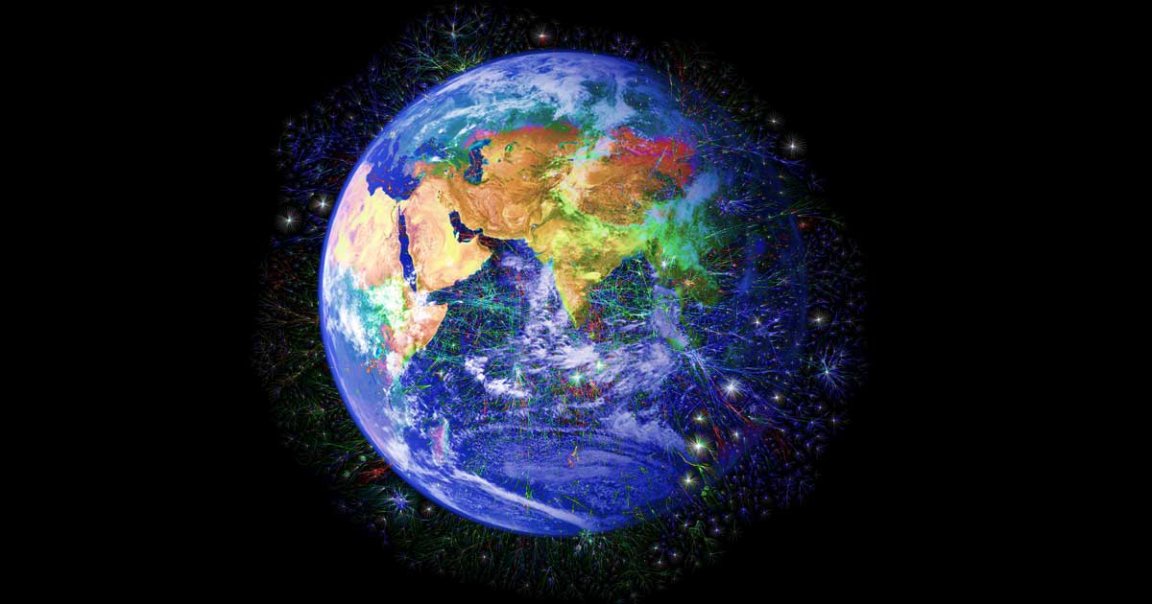
Basic Human Right
It’s easy to take access to uncensored internet for granted.
Now, academics are arguing that internet access should be a basic human right. In a new study published this week in the Journal of Applied Philosophy, University of Birmingham ethicist Merten Reglitz makes the case that the internet is “necessary to enable the realisation of human rights and the promotion of democracy.”
No Access
Reglitz isn’t the first to suggest something similar. The Human Rights Council of the United Nations declared internet access a basic human right back in 2016, though according to the latest estimates almost half of the global population has zero access to the web.
Even worse, many countries around the world have opted to censor information online, and in some rare instances shut down access entirely during political unrest. And that’s inherently a human rights violation — or at least could enable governments to hide other human rights violations, according to Reglitz.
Turning Tide
Reglitz concludes that internet “is not merely a luxury for those who can afford it but instead is necessary for individuals to lead minimally decent lives.” His argument: basic freedoms including the freedom of expression, information, and assembly are inherently undermined if not everybody has access.
Luckily, Reglitz’s opinion won’t fall on deaf ears. Several initiatives — including SpaceX’s Starlink satellite internet initiative — are trying to bring internet to those who aren’t currently able to access it.
READ MORE: Free internet access ‘should be a basic human right’, study suggests [Yahoo News]
More on internet access: Universal Internet Access Is at Least 30 Years Away, Say Experts